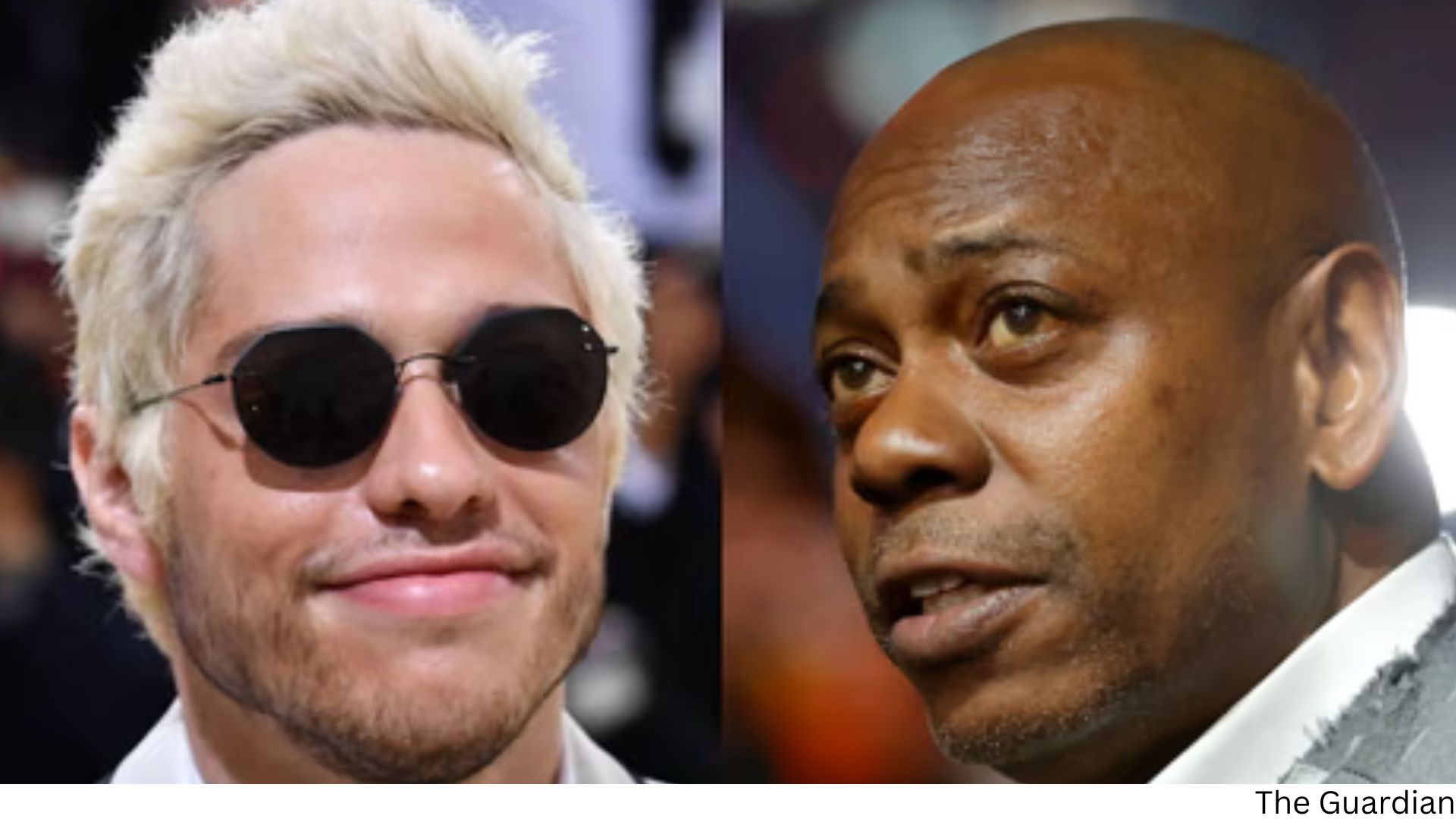The inaugural Riyadh Comedy Festival, running from September 26 to October 9, has drawn major U.S. comedians such as Dave Chappelle, Kevin Hart, Louis CK, Bill Burr, Pete Davidson, Aziz Ansari, Jo Koy, and Whitney Cummings, who are performing for fees paid directly by the Saudi government. Promoted as the “biggest comedy festival in the world,” the event is organized by Sela, a live events company owned by Saudi Arabia’s sovereign wealth fund, and the General Entertainment Authority, chaired by royal adviser Turki Alalshikh. U.S. talent agencies and consultants, including William Morris Endeavor and Bruce Hills of Just For Laughs, are also involved.
The festival has faced significant criticism for its links to a government with a documented record of human rights abuses. Human Rights Watch has described the event as an effort to “whitewash” Saudi Arabia’s repressive policies, including crackdowns on free speech. Comedians who declined the festival, including Marc Maron, Stavros Halkias, and Shane Gillis, cited ethical objections to performing in a country implicated in the 9/11 attacks and the murder of journalist Jamal Khashoggi. David Cross publicly condemned performers who accepted the festival’s offers, questioning why artists would condone a totalitarian regime for financial gain.
Despite the backlash, many performers have downplayed the moral concerns. Comedians like Jim Jefferies and Pete Davidson have publicly admitted that the financial incentives—some reportedly in the hundreds of thousands or even millions—outweigh any ethical considerations. Others, like Tim Dillon, explicitly acknowledged that money would allow them to “look the other way” regarding Saudi Arabia’s human rights record. While the financial rewards are substantial, most of the festival’s headliners, including Chappelle, Hart, Burr, Koy, and Davidson, are already multimillionaires who regularly sell out venues worldwide.
Critics have also highlighted a stark contradiction between the performers’ past defense of free speech and their willingness to self-censor for the festival. Historically, comedians such as Chappelle, Jeff Ross, and Andrew Schulz have positioned themselves as champions of unfiltered expression, using their platforms to push boundaries and criticize censorship. However, the Riyadh festival enforces content restrictions that prohibit material denigrating the kingdom, its leadership, public figures, culture, or legal system. Comedian Atsuko Okatsuka publicly shared a screenshot of the contract she declined, highlighting these stringent content limitations.
While some performers have dismissed these restrictions as minor, the festival’s policies reflect a larger ethical dilemma. Artists celebrated as defenders of free speech are now curtailing their material and conforming to censorship in exchange for luxury accommodations, five-star treatment, and substantial compensation. Comedians such as Jessica Kirson have admitted they would avoid any material referencing sexual orientation or religion while performing in Saudi Arabia, despite being a gay Jewish woman herself. This raises questions about the integrity of the “free speech” principles that these performers have long championed.
In addition to ethical concerns, the festival has drawn scrutiny for its symbolic contradictions. Many of the performers have previously spoken out against the Saudi regime, criticized the murder of Khashoggi, and condemned censorship elsewhere, yet they now willingly engage in a highly curated, government-sanctioned event. The situation highlights a broader tension in modern comedy, where the pursuit of financial gain often collides with moral accountability. Critics argue that the festival demonstrates a willingness among some comedians to abandon the very liberties they claim to defend when presented with lucrative opportunities.
In summary, the Riyadh Comedy Festival represents both a milestone in global entertainment and a flashpoint in debates over ethics, free speech, and human rights. While it offers performers unprecedented financial incentives and luxurious accommodations, it has exposed a troubling willingness among some high-profile comedians to compromise principles for personal gain. The festival thus raises significant questions about the balance between artistic freedom, moral responsibility, and the influence of state-backed funding in the entertainment industry.
%20(4).png)




.png)
.png)
.png)
.png)
